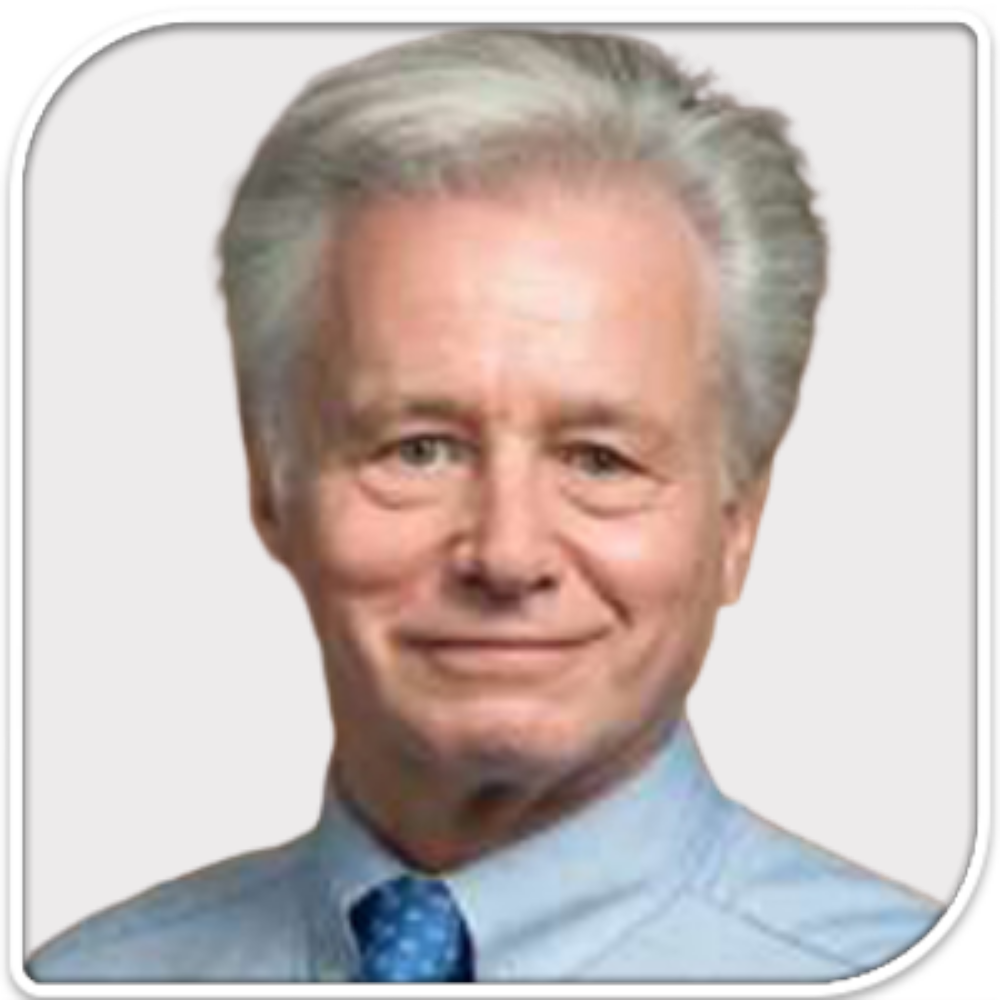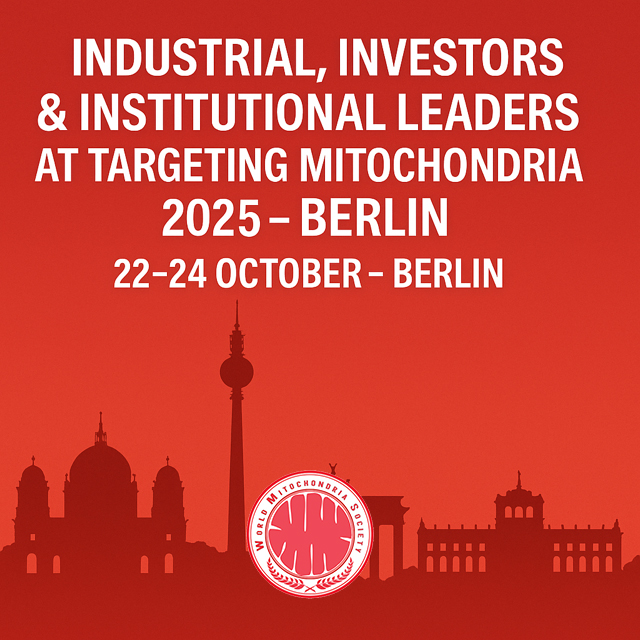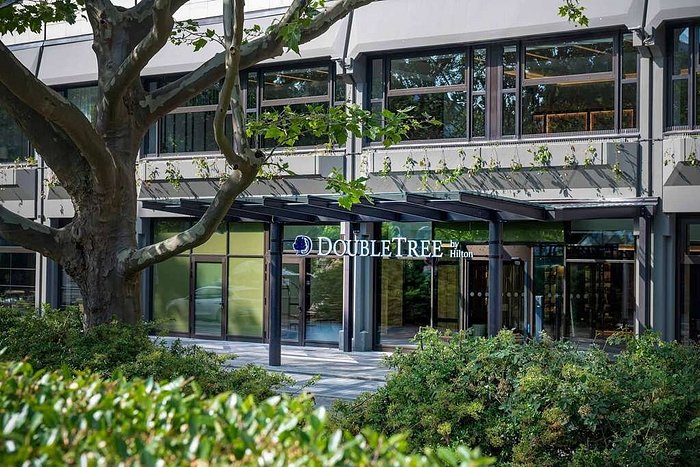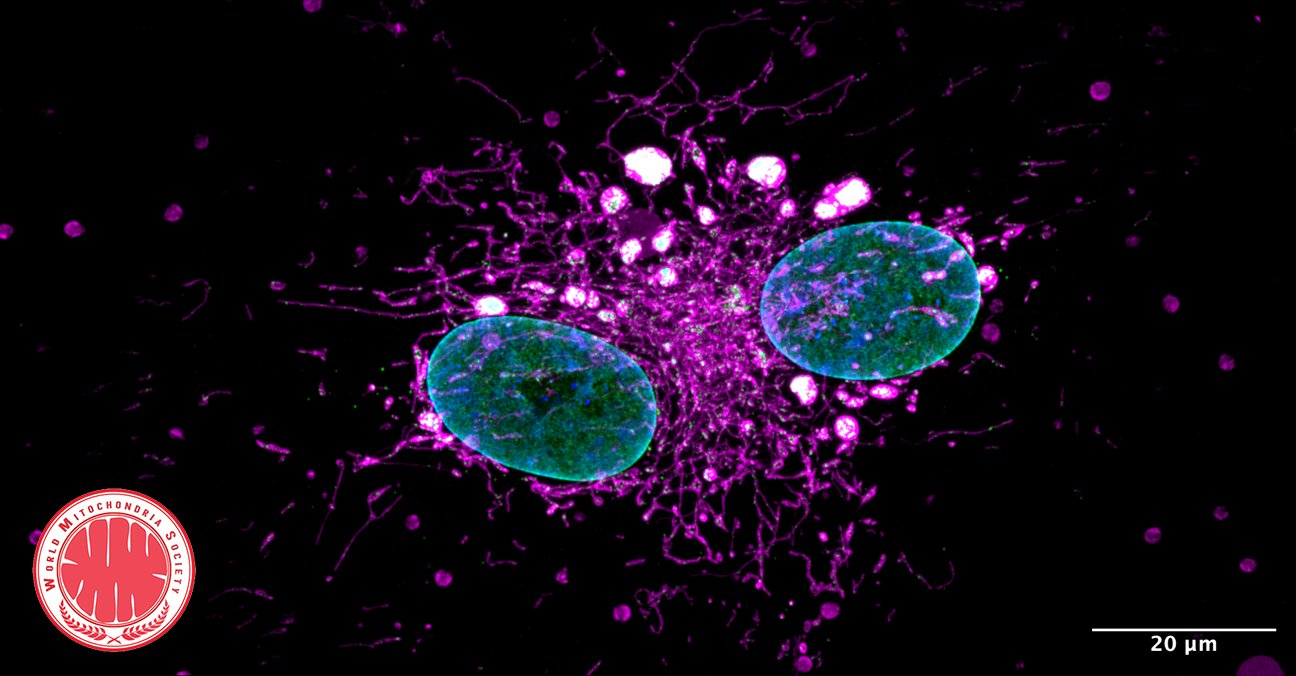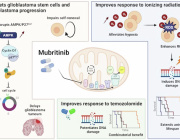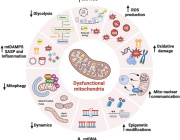The Role of Mitochondria in Zika Virus Propagation: Mechanisms of Immune Evasion and Inter-Cellular Transmission
 It is a great pleasure to welcome Dr. Indira Mysorekar, Baylor College of Medicine, USA, at Targeting Mitochondria 2024 this October in Berlin.
It is a great pleasure to welcome Dr. Indira Mysorekar, Baylor College of Medicine, USA, at Targeting Mitochondria 2024 this October in Berlin.
Presentation title: The Role of Mitochondria in Zika Virus Propagation: Mechanisms of Immune Evasion and Inter-Cellular Transmission.
Highlights
- Mitochondrial dynamics in viral pathogenesis
- Use of Tunneling nanotubes for infecting neighbouring cells and siphoning mitochondria to fuel infection
More information on Dr. Mysorekar's latest research.
World Mitochondria Society
Annual World Congress on Targeting Mitochondria
LinkedIn | Facebook
Blood-Based Marker: Mitochondrial DNA Damage in Parkinson’s Disease
 Dr. Laurie Sanders, Duke University School of Medicine, USA, will be joining Targeting Mitochondria 2024 this October in Berlin.
Dr. Laurie Sanders, Duke University School of Medicine, USA, will be joining Targeting Mitochondria 2024 this October in Berlin.
Presentation title: Blood-Based Marker: Mitochondrial DNA Damage in Parkinson’s Disease
In this talk, Dr. Sanders will discuss the challenges in Parkinson's disease (PD) treatment and the need for better diagnostic tools. Mitochondrial dysfunction's role in PD's development will be highlighted, along with recent findings on mitochondrial DNA (mtDNA) damage. Dr. Sanders will introduce a PCR-based assay called MitoDNADX for quantifying mtDNA damage, showcasing its potential as a blood-based marker for PD. Preliminary results from patient studies and animal models will be presented, suggesting that this assay could aid in PD diagnosis and assessing the effectiveness of LRRK2 kinase inhibitors in treating the disease.
World Mitochondria Society
Annual World Congress on Targeting Mitochondria
LinkedIn | Facebook
Cracking the Code of Aging: Exploring Mitochondrial Dynamics and Organelle Connections
 It is a great pleasure to welcome Dr. Antentor Hinton, Vanderbilt University, USA, at Targeting Mitochondria 2024 this October in Berlin.
It is a great pleasure to welcome Dr. Antentor Hinton, Vanderbilt University, USA, at Targeting Mitochondria 2024 this October in Berlin.
Presentation title: Cracking the Code of Aging: Exploring Mitochondrial Dynamics and Organelle Connections.
Highlights
- Overview of the current understanding regarding mitochondrial structural changes during aging.
- Summary of the altered structural changes that occur with age in cristae architecture and their impact on mitochondrial calcium signaling.
- Implications of how aging modifies organelle contact communication.
- Illustration of how the MICOS (mitochondrial contact site and cristae organizing system) complex influences physiology and metabolism throughout the aging process.
More information on Dr. Hinton's latest research.
World Mitochondria Society
Annual World Congress on Targeting Mitochondria
LinkedIn | Facebook
Mitochondrial Transplantation Mediates Improved Cellular Energy Metabolism, Restoration of Mitochondrial Function and Prevention of Cell Death
 It is a great pleasure to welcome Dr. Mark Kindy, U.S. Department of Veterans Affairs James A. Haley VA Hospital and University of South Florida, USA at Targeting Mitochondria 2024 this October in Berlin.
It is a great pleasure to welcome Dr. Mark Kindy, U.S. Department of Veterans Affairs James A. Haley VA Hospital and University of South Florida, USA at Targeting Mitochondria 2024 this October in Berlin.
Presentation title: Mitochondria Iron Metabolism: Mitochondrial Transplantation Mediates Improved Cellular Energy Metabolism, Restoration of Mitochondrial Function and Prevention of Cell Death
In his talk Dr. Kindy will cover:
- Isolation and characterization of mitochondria
- Application of mitochondrial transplantation
- Reversal of cellular dysfunction
- Restoration of energy metabolism
Dr. Kindy is a collaboration partner of the WMS supporter 2024 "MitoSense". About Mitosense.
Targeting Mitochondria 2024 program.
World Mitochondria Society
Annual World Congress on Targeting Mitochondria
LinkedIn | Facebook
Mitochondria Delivery via Extracellular Vesicles to the Blood-Brain Barrier
 Dr. Devika S Manickam, Duquesne University, USA, and active member of the WMS Scientific Committee will be joining Targeting Mitochondria 2024 this October in Berlin.
Dr. Devika S Manickam, Duquesne University, USA, and active member of the WMS Scientific Committee will be joining Targeting Mitochondria 2024 this October in Berlin.
Presentation title: Mitochondria Delivery via Extracellular Vesicles to the Blood-Brain Barrier
Highlights
- Role of extracellular vesicles (EVs) in intercellular communication and drug delivery.
- Incorporation of mitochondria small EVs (<200 nm) and medium-to-large EVs (m/lEVs >200 nm) EVs during biogenesis.
- Potential of m/lEVs to deliver healthy mitochondria for treating neurodegenerative, cardiovascular, and metabolic diseases.
- Advantage of m/lEVs using endogenous mechanisms for cellular repair.
- Impact of ischemic stroke on mitochondrial function in blood-brain barrier endothelial cells.
- Efficacy of human brain endothelial cells (BEC) -derived mitochondria-containing EVs in mouse stroke models.
- Improved therapeutic outcomes with species-specific EVs (mouse BEC-EVs) in stroke models.
- Support for using m/lEVs to enhance therapeutic potential in preclinical studies.
World Mitochondria Society
Annual World Congress on Targeting Mitochondria
LinkedIn | Facebook
Mitochondrial Extracellular Vesicles: Orchestrating Brain Plasticity and Recovery
 Prof. Stefano Pluchino, University of Cambridge, United Kingdom, will be joining Targeting Mitochondria 2024 this October in Berlin.
Prof. Stefano Pluchino, University of Cambridge, United Kingdom, will be joining Targeting Mitochondria 2024 this October in Berlin.
Prof. Pluchino will be sharing his latest research on the role of mitochondrial extracellular vesicles in brain plasticity and recovery, during the session dedicated to "Emerging Trends and Strategies in Mitochondria Research".
In his talk Prof. Pluchino will cover the the following:
- Extracellular vesicles from neural stem cells transfer IFN-g via Ifngr1 to activate Stat1 signalling in target cells
- Extracellular vesicles are independent metabolic units delivering functional Asparaginase-like protein 1n
- NSCs deliver functional mitochondria to target cells via EVs
World Mitochondria Society
Annual World Congress on Targeting Mitochondria
LinkedIn | Facebook
Cellular Dynamics: The Synergistic Interplay of Iron, Mitochondria, and Ferroptosis in Health and Disease

Prof. Carsten Culmsee, University of Marburg, Germany, and active member of the WMS Scientific Committee will be joining Targeting Mitochondria 2024 this October in Berlin.
Presentation title: Cellular Dynamics: The Synergistic Interplay of Iron, Mitochondria, and Ferroptosis in Health and Disease.
World Mitochondria Society
Annual World Congress on Targeting Mitochondria
LinkedIn | Facebook
Stem Cell Educator Therapy: A New Era in Mitochondrial Transfer and Regeneration
 Dr. Yong Zhao, Throne Biotechnologies, will be joining Targeting Mitochondria 2024 this October in Berlin.
Dr. Yong Zhao, Throne Biotechnologies, will be joining Targeting Mitochondria 2024 this October in Berlin.
Dr. Zhao will be sharing his latest research on stem cells and mitochondrial transfer in a talk entitled "Stem Cell Educator Therapy: A New Era in Mitochondrial Transfer and Regeneration".
Presentation Highlights
1. Stem Cell Educator (SCE) therapy is the only therapy to date to safely and efficiently correct autoimmunity and restore β cell function in recent onset T1D patients.
2. Clinical data provided the visual evidence regarding the immune education of SCE therapy, leading the long-lasting improvement of hair regrowth in subjects with moderate or severe alopecia areata (AA).
3. SCE therapy has the potential to revolutionize the treatment of patients with other autoimmune and inflammatory- or aging-associated diseases caused by mitochondrial dysfunctions, without the safety and ethical concerns associated with conventional immune and/or stem cell-based approaches.
Join us to know more! Speakers Lineup.
World Mitochondria Society
Annual World Congress on Targeting Mitochondria
LinkedIn | Facebook

